What’s Really Going On at Rafah?
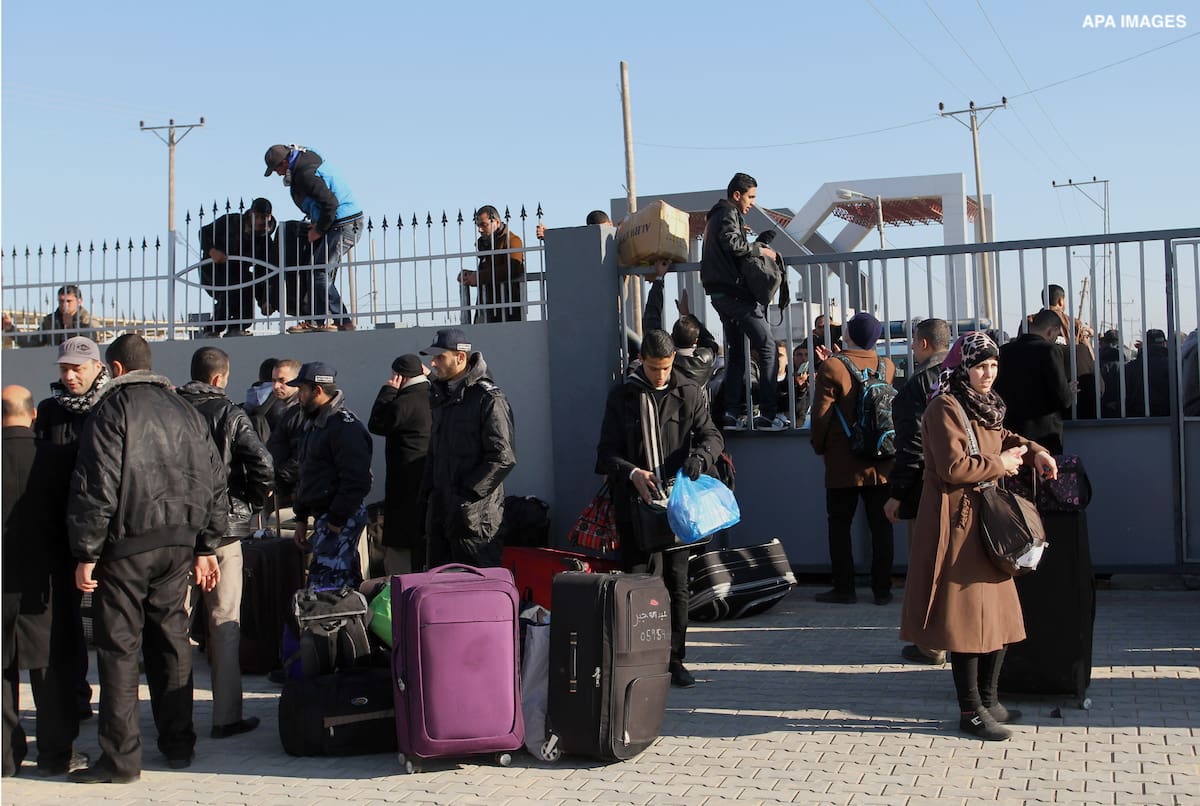
Egypt now has a government more sympathetic to Hamas, the de facto government in the Gaza Strip. But Egyptian policy towards the Rafah Crossing still largely follows the parameters established by Israel for Palestinian passage — and even when the Crossing is “open” thousands of Palestinians are not allowed through. Al-Shabaka Policy Advisor Laila El-Haddad provides a concise overview of how the Crossing has been managed and its impact on the Palestinian residents of Gaza.
Palestinians on the Road to Damascus
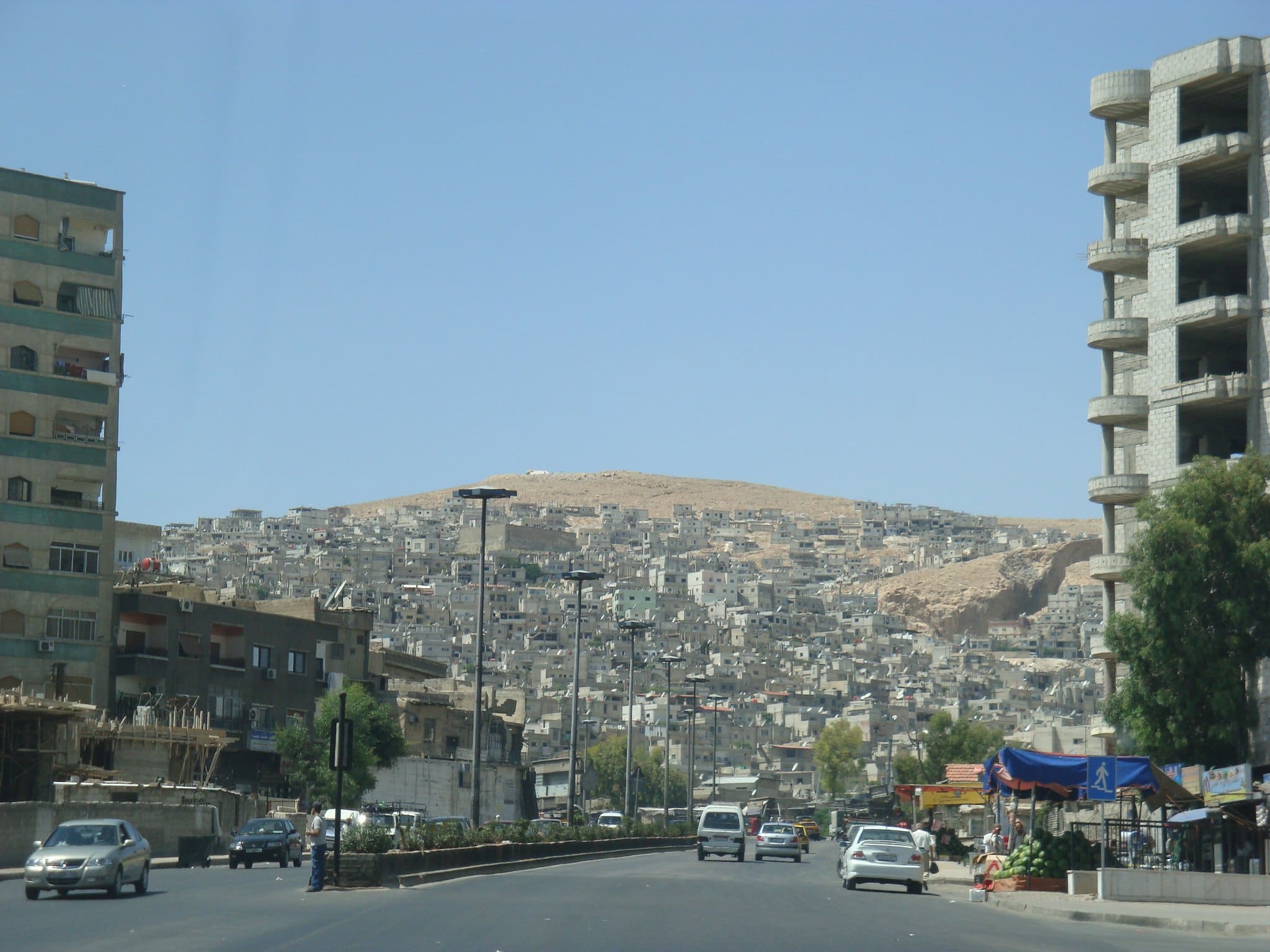
In this evocative and moving piece, Al-Shabaka Policy Member Ahmad Diab provides a lived description of what it is like to be a Palestinian in Syria: The permanent sense of a temporary existence, the impact of dictatorship on Palestinian-Syrian relations as well as on Palestinian political development, and the diverse roles Palestinians are playing – and the price they are paying – in the current revolution.
Refugees: Israeli Apartheid’s Unseen Dimension
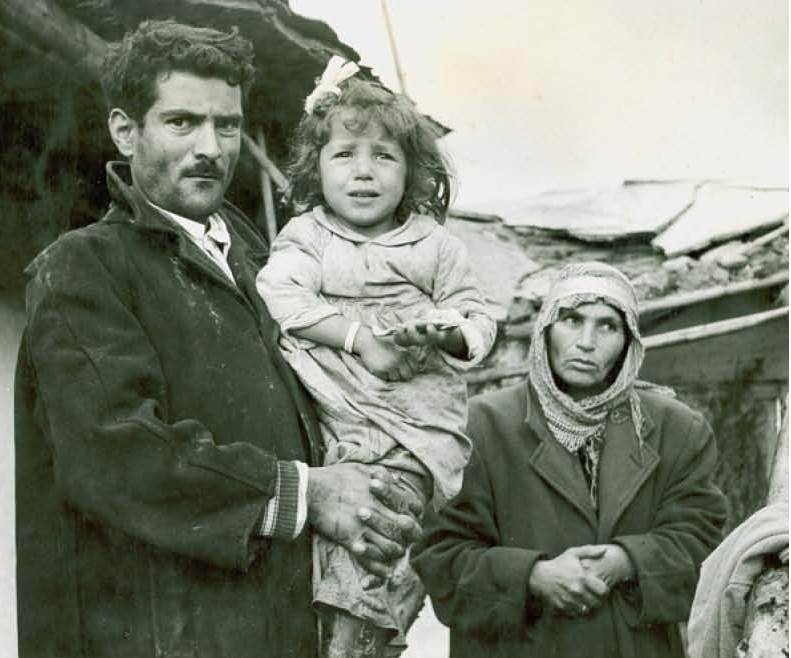
Do Israeli policies and practices toward Palestinian refugees constitute apartheid? Al-Shabaka Policy Member Hazem Jamjoum argues not only that it does, but that it is the cornerstone of what constitutes a system of apartheid.
Democratizing the PLO: Five Questions
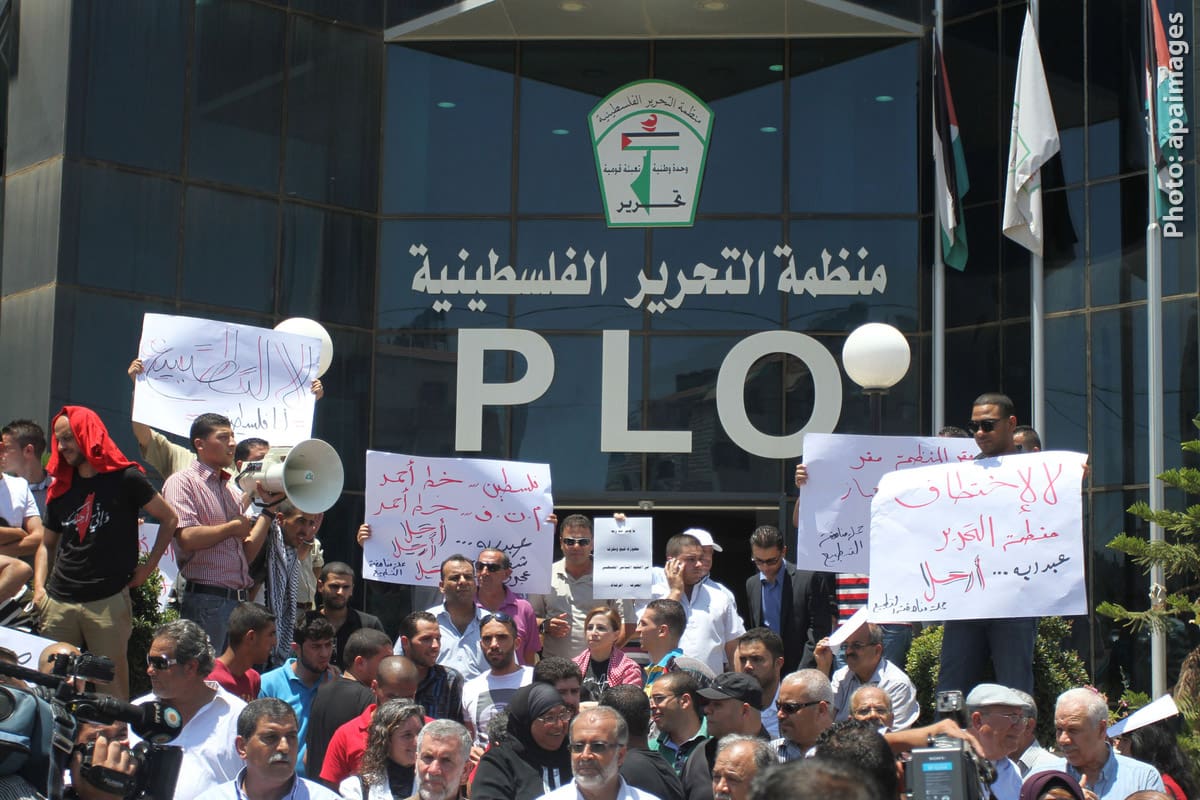
There are lively, ongoing discussions amongst Palestinians about democratic representation to which Al-Shabaka policy advisors continue to contribute. In his commentary on democratizing the PLO Toufic Haddad poses some questions arising out of the present political scene and the implications for democratic elections.
When Exiled Communities Act
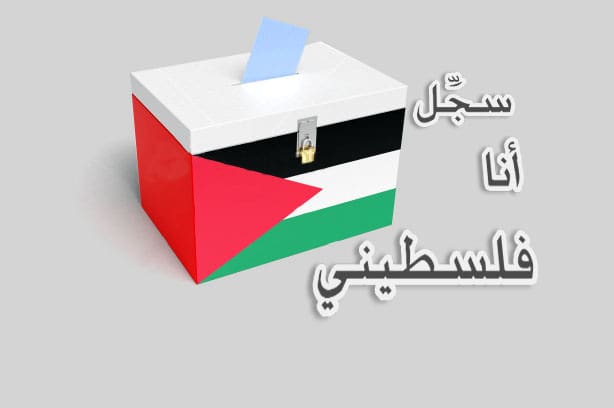
Oraib al-Rantawi‘s commentary draws on his recent visit to the Palestinian community in Germany to discuss the PNC Registration Campaign, a civic drive to register Palestinians using a secure online mechanism so they can vote in direct elections for the Palestine National Council.
Debating Palestine: Representation, Resistance, and Liberation
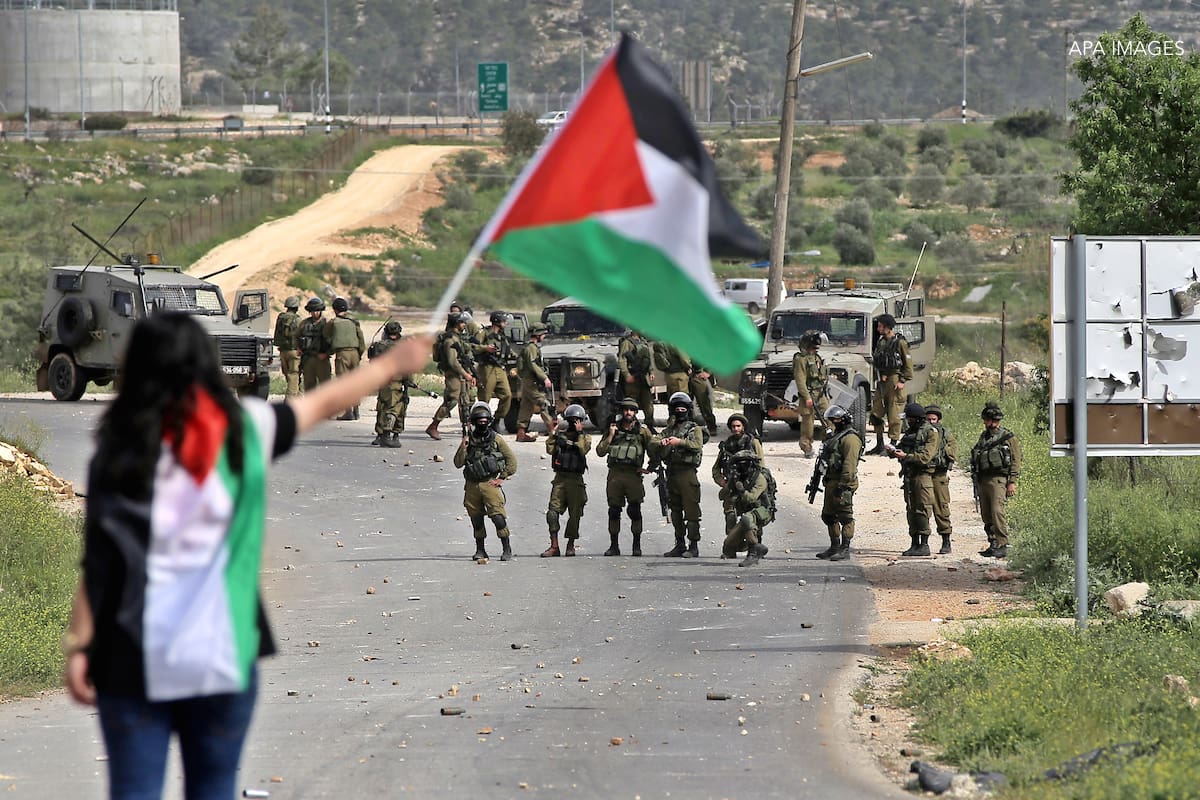
Palestinian communities the world over are grappling with the questions of who really speaks in their name and how to craft strategies for resistance and liberation. In this thoughtful essay, Al-Shabaka Policy Advisor Rabab Abdulhadi draws on the history of the Palestinian national movement as well as her own experience as a scholar-activist to provide some answers. She also asks provocative new questions – such as what does it mean to be a Palestinian today and where does that leave Palestinian Arab Jews and Jews that do not identify with Israel’s settler colonialism, and what kind of relations Palestinians should develop with the Arab movements for freedom.
A Reset for U.S. Policy? Not Now, But Watch the Base
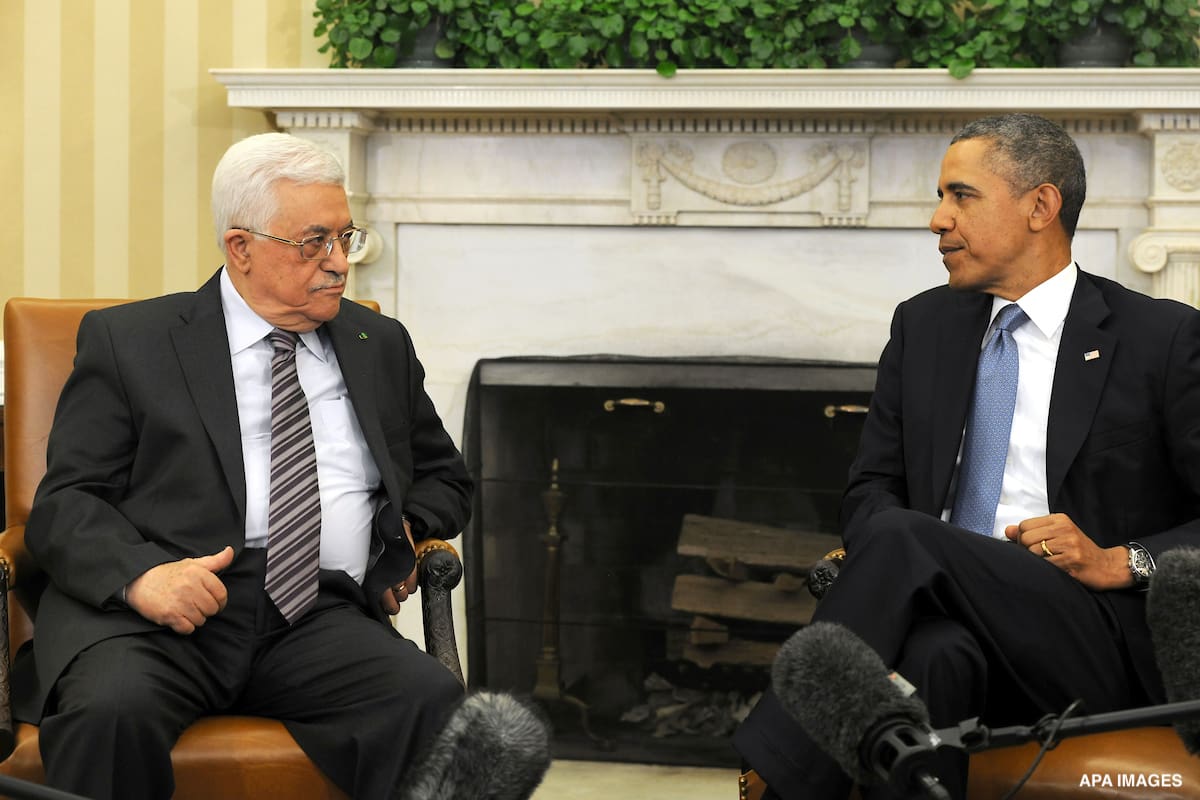
What can be expected from the final months of the Obama Administration on the Arab-Israeli conflict? Al-Shabaka Policy Advisor Rashid Khalidi is pessimistic about any policy shift in the foreseeable future. Indeed, he describes President Barack Obama’s UN speech in September as the worst ever by an American president and AIPAC (the American Israel Public Affairs Committee) as far more effective today than it was in the 1970s and 1980s, partly due to the efforts of Dennis Ross. In this wide-ranging interview with Al-Shabaka Policy Advisor Victor Kattan, Khalidi explains why he sees no hope at present for a just U.S. policy, although this could change if public opinion — which is much more enlightened than that of U.S. policy makers — makes itself felt through the media and at the political level.
What’s Next for Palestine?
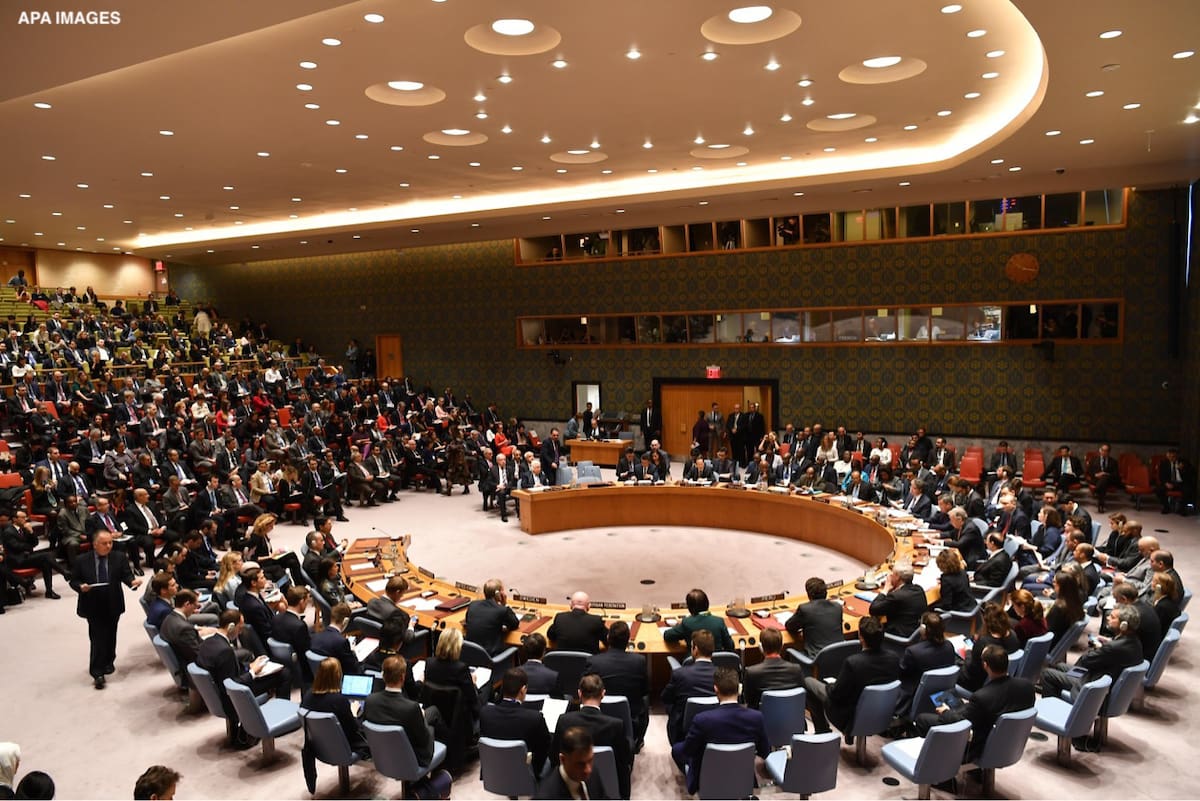
The failure of the Palestine Liberation Organization’s bid for full membership in the United Nations marks the end of the road for the Palestinian Authority, argues Al-Shabaka policy advisor Samah Sabawi. She discusses the PA’s disarray and notes that future setbacks can only be avoided with a completely different approach in the struggle for human rights.
The Geopolitics of the Hamas-Israel Prisoner Exchange

Each of the key actors involved in the Israeli Palestinian conflict is using the Hamas-Israel prisoner exchange to position themselves to regional advantage although it is too soon to tell who will come out ahead. Al-Shabaka Policy Advisor Laila El-Haddad examines the way in which the shifting geopolitics will impact internal Palestinian dynamics.






